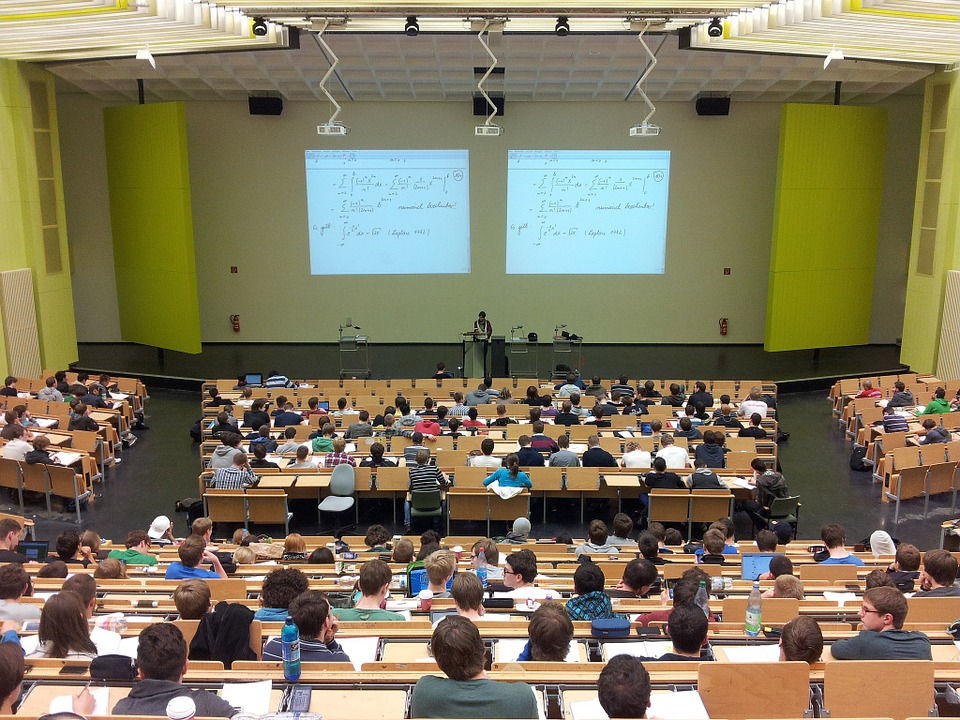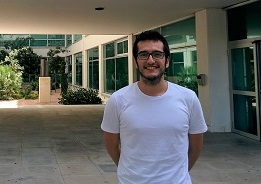
University Admission Tests2016 has already begun, the last entrance examination until LOMCE (new Spanish education law) comes into force. We are going to check the changes this new law entails
7 june 2016
During these days University Admission Test is being carrying out in Spain, it is called PAU 2016. This exam will be the last of these characteristics, since next year a new law -LOMCE- comes into force. This law will change University access system. Now we will explain you what kind of changes this new law implies.
Organic Law 8/2013, 9th December, for the improvement of the educational quality -abridge in Spanish as LOMCE and populary known as Wert Law, minister of Education who drove it- modifies Organic Law 2/2006, 3rd May, of Education (LOE), and six articles and an additional provision of Organic Law 8/1985, 3rd July, regulating Education Rights (LODE).
This law has had the confrontation of the whole educative community since it was a draft bill and it got ahead thanks to the governing party votes. But, why it has been such a controversial law? What are its characteristics?
- Final assessments in order to get the Secondary School’s diploma and the Bachelor’s degree. Until now, the student who passed all the subjects automatically obtained the diploma, but now he or she will also have to pass an specific test that will be corrected by teaching staff from both private and public centres. In order to access University the student will have to pass a Bachelor’s exam and a specific University exam if the institution decides so.
- Two types of 4th Secondary School Grade: The one guided to Bachelor or the one guided to Professional Training. The student must choose in 3rd Secondary School Grade their studies for the following three years.
- Programs of curricular diversification stablished for the Secondary School in the LOE are changed by the Programmes of learning improvement and achievement, that starts in 2nd Secondary School Grade.
- More weight to core subjects imposed by the Government:Natural sciences, Social sciences, Spanish language and Literature, Mathematics and first foreign language.
- Compulsion requirement that the principal language of the education is spanish.
- Introduction of the second foreign language.
- The return of the religion subject, that it will count for the academic record. This is probably the most controversial point of the LOMCE.
- New modalities of Vocational Training: Basic vocational training (addressed to students from15 to 17 years) and dual vocational training (which will carry to further or medium vocational training)
- Greater competences attributed to the directors of centre, at the expense of the School Board.
- Curricular specialisation of the High Schools of Secondary School: centres will be able to focus in a specific knowledge area and not to offer the rest.
- Elimination of the commitment that the High Schools of Secondary School guarantee a public centre to course the compulsory education (Primary, Secondary School and basic vocational training), so the right to a free education is not guaranteed.
- Educative administrations will be able to call public tenders for the construction and management of charter centres in public ground.
- Agreements which schools that separate by sex, in other words, that the educative centres that separate students by sex will be able to receive public financing, something that until this moment was absolutely ruled out.
The government calculates that the implementation of the LOMCE will cost 400 million euro. They expect to obtain half of these funds from the European Social Fund.










